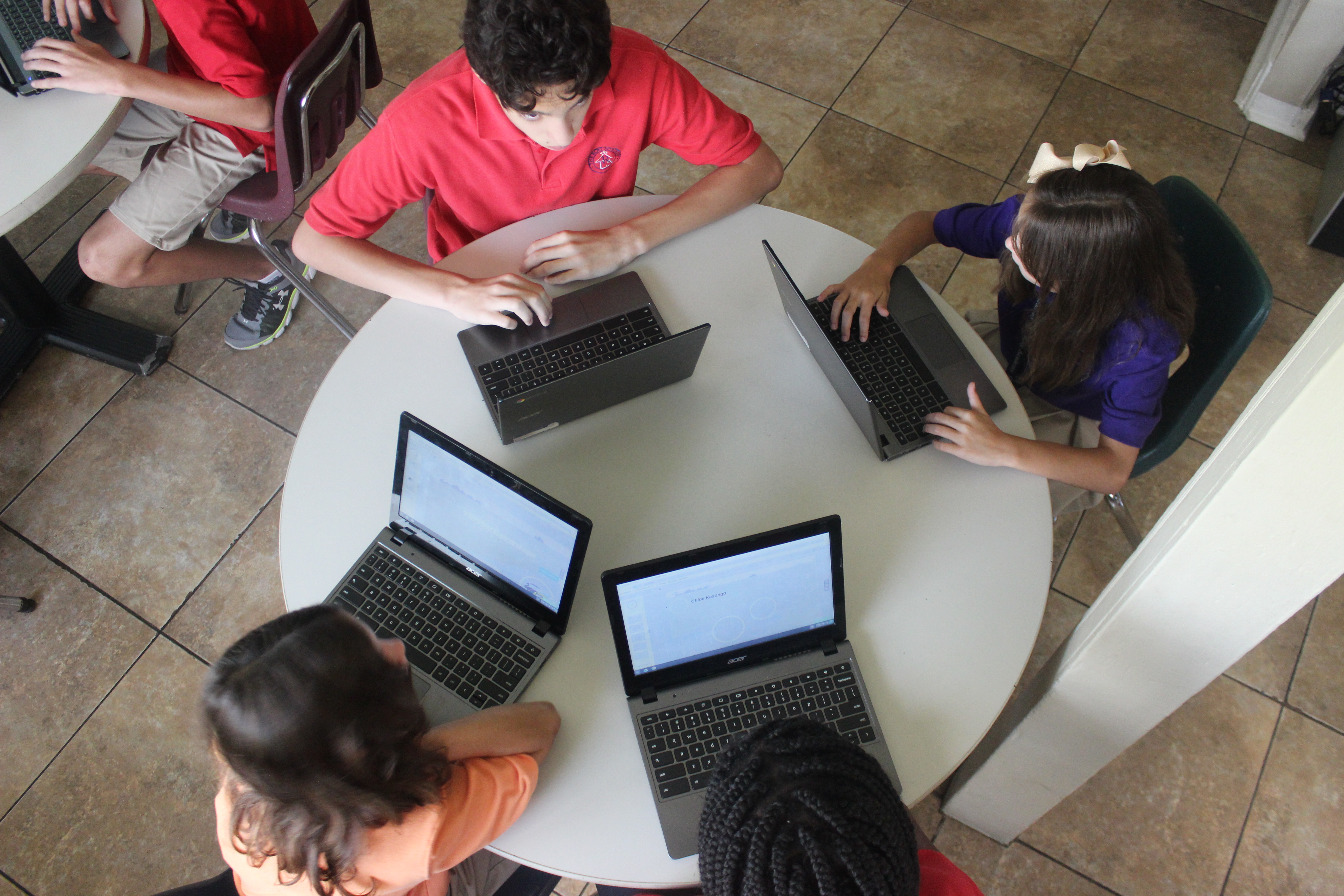According to Harvard University, executive function and self-regulation skills are the mental processes that enable us to plan, focus attention, remember instructions and juggle multiple tasks successfully. The brain needs this skill set to filter distractions, prioritize tasks, achieve goals and control impulses. When children are able to develop executive function skills, both individuals and society reaps lifelong benefits. These skills are essential for learning and development. Further, they enable positive behavior and allow us to make healthy choices for ourselves and our loved ones.
Executive function skills rely on three types of brain functioning: working memory, mental flexibility and self-control. These functions are highly intertwined and the successful application of executive function skills requires them to work in coordination with each other.
- Working memory is our brain’s ability to hold and retain information over short periods of time. If your child has trouble with working memory, you may frequently hear, “I forgot what I was going to say.”
- Mental flexibility helps us shift our response to different demands or to use different rules in different settings. Children who are inflexible think in concrete ways and could get frustrated when asked to change course.
- Self-control enables us to set priorities and resist impulses.
It is important to know that children aren’t born with these skills — they are born with the potential to develop them. If children don’t get what they need from their relationships with adults and their environments, their skill development can be delayed or impaired. For example, exposure to toxic environments, abuse, and/or violence may expose children to stress that disrupts the development of executive function. With that, society’s most important responsibilities are to provide children with the support they need to build these skills at home, in early education programs and other settings they experience regularly.
Here are some strategies to strengthen executive function in children.
Use Checklists
Children with poor executive function skills, including many with ADHD, tend to be less organized than their peers. They might take a long time to get dressed or become overwhelmed while doing mundane chores around the house. Schoolwork can be especially troublesome if they regularly loose papers or start projects the night before they are due. To combat this, try utilizing checklists. The steps to completing a task aren’t always obvious to kids with executive function. Defining the necessary steps ahead of time makes a task less daunting and more achievable. Further, following a checklist of steps minimizes the mental and emotional strain many kids experience while making decisions.
Explore different ways of learning
Because everyone learns differently, it is important to advocate using a variety of strategies to help kids with executive function understand and remember important concepts. One example is to use graphic organizers as a reference for visual learners. Other kids learn best if there is motion supporting it — like counting on fingers. Read more about different learning styles here.
Use a planner
Educational Specialists highlight the importance of using a planner. Some schools require a planner but don’t teach kids how to actually use them. This can be especially overwhelming for students that struggle with organizing and planning. This is unfortunate because kids who struggle with executive function have poor working memory, which makes it hard for them to remember things like homework assignments.
Overall, executive function is a huge area of discussion and this blog only scratches the surface. As a parent, it may seem overwhelming, but we hope these simple strategies will help you begin to gain a greater sense of peace at home and in the classroom.

